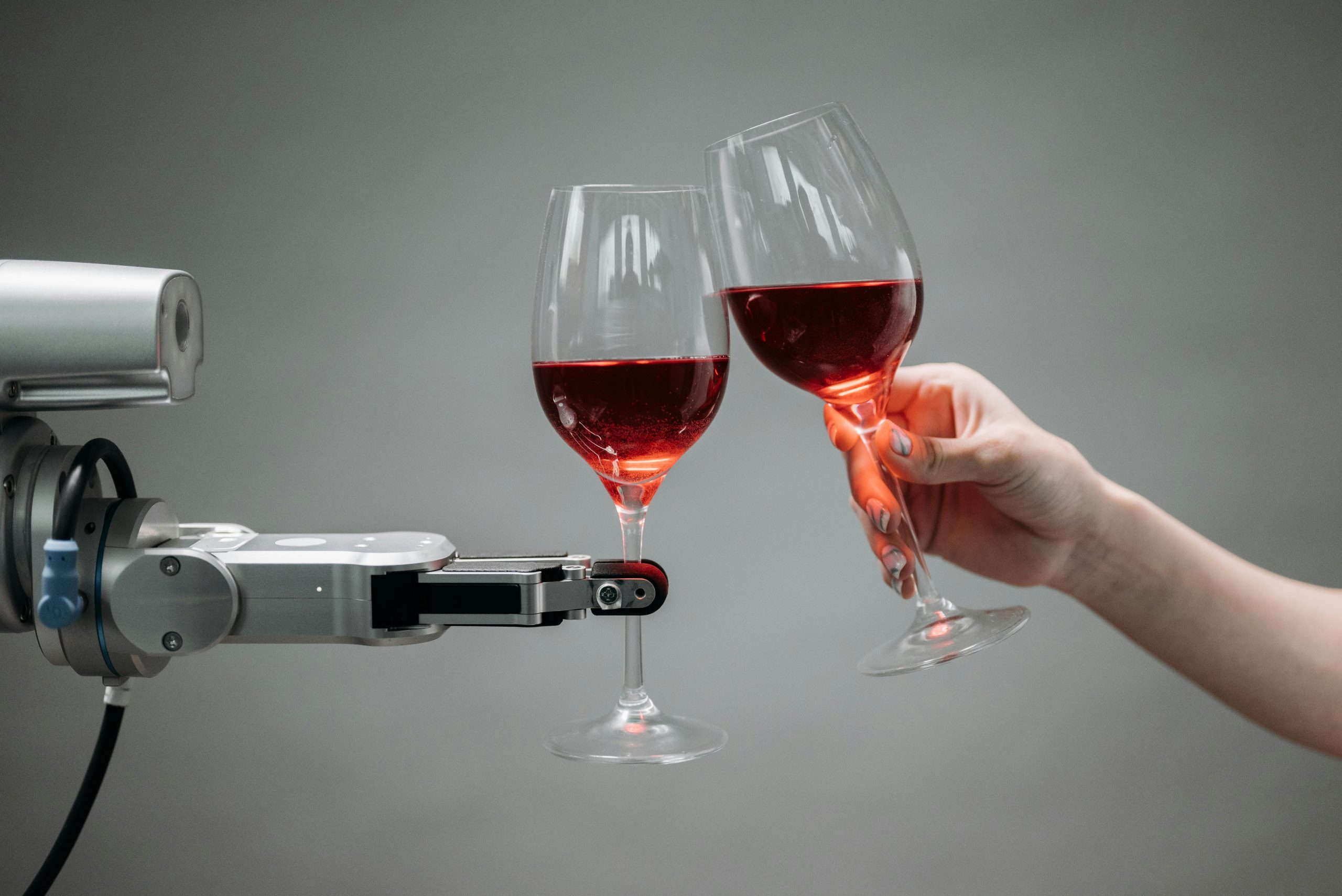Artificial Intelligence in the Kitchen: How It’s Changing the Future of Gastronomy
The future of gastronomy is being transformed by artificial intelligence (AI), a change that manifests in multiple ways. From haute cuisine to fast-food restaurants, AI is reshaping how we prepare and experience food. Innovation in Haute Cuisine: Renowned chefs, like Andoni Luis Aduriz of Mugaritz restaurant, are employing AI to create new flavor and texture combinations. Thanks to machine learning algorithms, it's possible to explore unprecedented combinations that enrich gastronomy with innovations and unparalleled culinary experiences. Efficiency in fast cooking: The automation of processes and customization of menu recommendations through self-service kiosks are just a few examples of how AI is enhancing efficiency in fast-food restaurants. Supply chain management and food traceability are also key areas where AI is making a difference, ensuring quality and reducing waste. Cutting-edge cooking techniques: AI has enabled the implementation of advanced techniques like sous vide and low-temperature vacuum cooking. These methods allow for cooking food at precise temperatures, guaranteeing consistent results and intense flavors. Additionally, AI-powered kitchen robots are assisting in complex tasks, facilitating chefs' experimentation with innovative flavors and textures. Personalization of the gastronomic experience: AI is enabling unprecedented customization in the culinary experience. From menus tailored to individual dietary preferences and needs to facial recognition of

